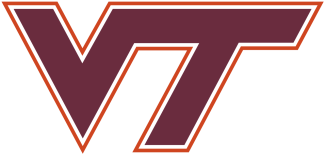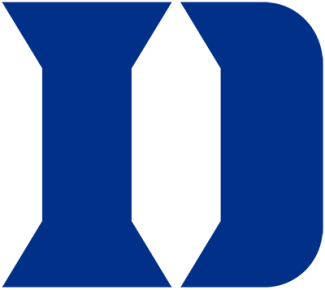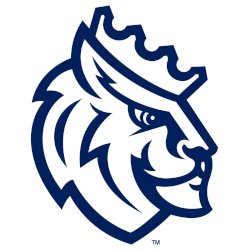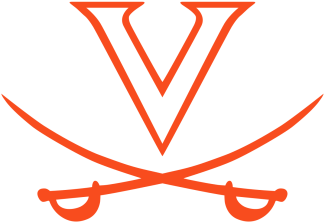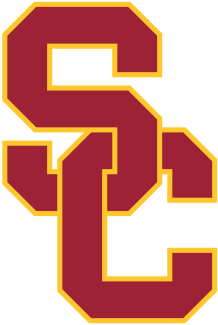***
Whether through Zoom, YouTube or Instagram, the virtual resources to connect players and coaches despite their physical separation have surged. Earlier this month, Front Office Sports detailed the growth of both The Attack Academy and First Class Lacrosse’s online training platforms. The article also noted US Lacrosse’s expanded digital offerings for parents, coaches and officials through the centralized #LaxAtHome resource and mobile coaching app, as well as the national governing body’s plan to roll out player education contents in the coming weeks.
“Those who view this challenge as an opportunity and operate during this uncomfortable time are the ones that are gonna come out on the positive end on the other side of it,” former Hopkins head coach Dave Pietramala told ESPN analyst Paul Carcaterra over Zoom last week as part of IMLCA’s Whiteboard Wednesday series.
Many lacrosse instructional camps, coaches and teams have embodied that mindset. While Joe Nardella, a faceoff specialist for the Premier Lacrosse League’s Whipsnakes LC, admitted that some of his proteges are “chomping at the bit” for in-person competition at the X, he’s tried to prioritize the technical focus the position requires in the Faceoff Factory’s virtual group classes and private lessons. The added ability to break down film during these sessions facilitates that type of learning.
“Right now is a really good time to focus on not just beating other people, but trying to be the best version of yourself and do things the right way,” Nardella said.
Reevuu, a virtual training and coaching app, allows athletes to submit a video to the platform and then matches the athletes to the top five coaches best suited for their needs. Coaches come from all levels — U.S. national team players, Division I college coaches and professional lacrosse players — and are used to complement training in other areas.
“Reevuu is an excellent platform that allows players to access some of the best coaches in the country with the click of a button,” Dylan Maltz, a member of the Premier Lacrosse League’s Whipsnakes LC and a Reevuu coach, said.
On the coaching side, the Harvard men’s lacrosse team has posted more than 35 episodes of its “One Clip / One Drill” coaching clinic series on YouTube in the past two months and has used Twitter as a way to drive interest.
The videos, lasting anywhere from 15 to 45 minutes, stem from free Zoom sessions that the Harvard staff hosts. The subjects range from head coach Gerry Byrne “Teaching Team Defense,” to more niche topics like “Quick Release is a Skill, Not a Pocket,” with Lars Keil, the team’s director of operations, who’s also known as the “Sidewall Jedi.” Harvard expanded the curriculum to a second series called “HLX360°” in which the coaches diagram some of the drills mentioned from previous webinars in more detail on a whiteboard.
Byrne has produced iterations of similar webinars for almost 15 years. He has always believed that technology can expedite a player or coach’s development. Back in South Bend, where he spent 16 seasons as the mastermind behind Notre Dame’s imposing defense, he created NDLaxTV. Harvard’s YouTube channel, HLX 1881, serves a similar purpose. Byrne noted the initial inspiration was rooted in being a good lacrosse community citizen. He hopes the presentations can provide some value and a much-needed distraction to coaches who are craving the usual rhythms and familiar faces of spring.
“Nothing can replace actually being with your players or being with your assistant coaches, so we’re all trying to find what’s the next best thing to that,” Bryne said. “Although we’re not physically together, we’re digitally connected.”









